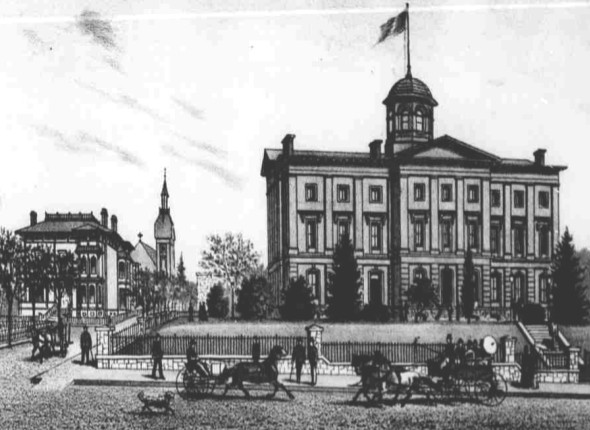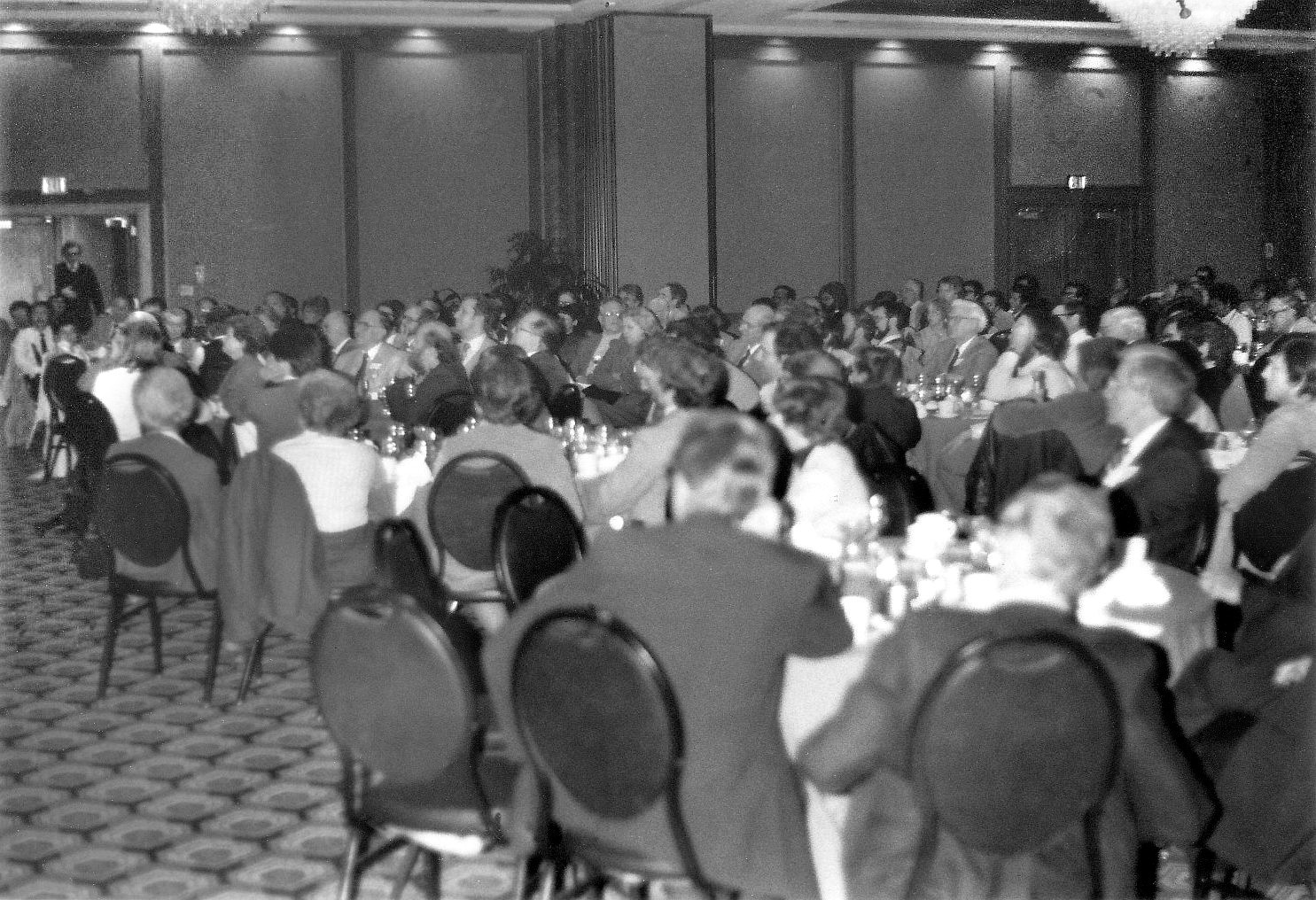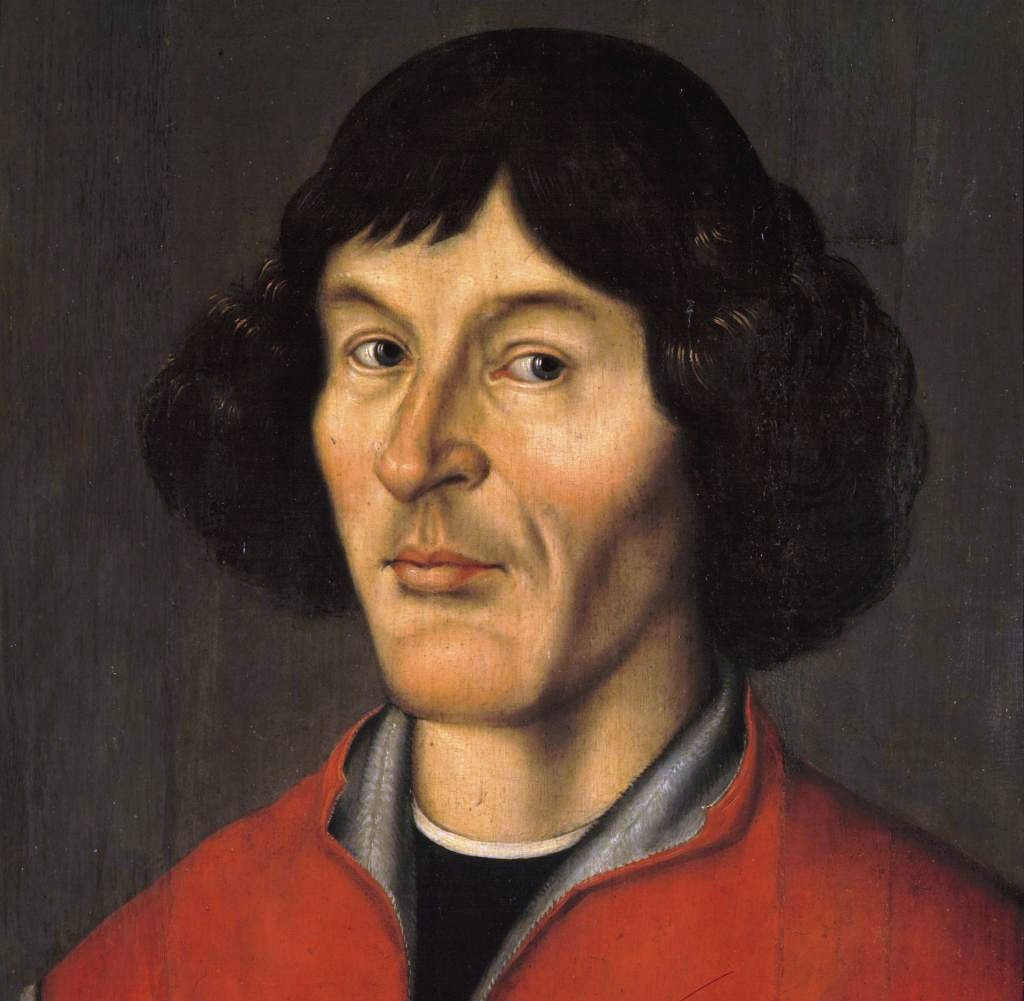|
Loren Pankratz
Loren Pankratz (born February 27, 1940) is a consultation psychologist at the Portland VA Medical Center and professor in the department of psychiatry at Oregon Health & Science University (OHSU). Following his retirement in 1995, he maintained a forensic practice until 2012. He testified nationally on cases of Münchausen syndrome by proxy (MBP), often defending mothers accused of harming their children. He has written and lectured on a wide variety of unusual topics such as dancing manias, spiritualism, Greek oracles, ghosts, plagues, historical enigmas, mesmerism, moral panics, con-games, self-deception, faith healing, self-surgery, miracles, ethical blunders, quackery, and renaissance science. He has also published magic history, magic tricks, and mentalism effects in magazines. Pankratz, along with Ray Hyman and Jerry Andrus, was a founding faculty member of the Skeptic's Toolbox in Eugene, Oregon. Pankratz is also a Fellow for the Committee for Skeptical Inquir ... [...More Info...] [...Related Items...] OR: [Wikipedia] [Google] [Baidu] |
Portland, Oregon
Portland (, ) is a port city in the Pacific Northwest and the largest city in the U.S. state of Oregon. Situated at the confluence of the Willamette and Columbia rivers, Portland is the county seat of Multnomah County, the most populous county in Oregon. Portland had a population of 652,503, making it the 26th-most populated city in the United States, the sixth-most populous on the West Coast, and the second-most populous in the Pacific Northwest, after Seattle. Approximately 2.5 million people live in the Portland metropolitan statistical area (MSA), making it the 25th most populous in the United States. About half of Oregon's population resides within the Portland metropolitan area. Named after Portland, Maine, the Oregon settlement began to be populated in the 1840s, near the end of the Oregon Trail. Its water access provided convenient transportation of goods, and the timber industry was a major force in the city's early economy. At the turn of the 20th century, the ... [...More Info...] [...Related Items...] OR: [Wikipedia] [Google] [Baidu] |
Moral Panic
A moral panic is a widespread feeling of fear, often an irrational one, that some evil person or thing threatens the values, interests, or well-being of a community or society. It is "the process of arousing social concern over an issue", usually perpetuated by moral entrepreneurs and the mass media, and exacerbated by politicians and lawmakers. Stanley Cohen, who developed the term, states that moral panic happens when "a condition, episode, person or group of persons emerges to become defined as a threat to societal values and interests". While the issues identified may be real, the claims "exaggerate the seriousness, extent, typicality and/or inevitability of harm". Moral panics are now studied in sociology and criminology, media studies, and cultural studies. Examples of moral panic include the belief in widespread abduction of children by predatory pedophiles; belief in ritual abuse of women and children by Satanic cults; and concerns over the effects of music lyrics ... [...More Info...] [...Related Items...] OR: [Wikipedia] [Google] [Baidu] |
Committee For Skeptical Inquiry
The Committee for Skeptical Inquiry (CSI), formerly known as the Committee for the Scientific Investigation of Claims of the Paranormal (CSICOP), is a program within the US non-profit organization Center for Inquiry (CFI), which seeks to "promote scientific inquiry, critical investigation, and the use of reason in examining controversial and extraordinary claims." Paul Kurtz proposed the establishment of CSICOP in 1976 as an independent non-profit organization (before merging with CFI as one of its programs in 2015), to counter what he regarded as an uncritical acceptance of, and support for, paranormal claims by both the media and society in general. Its philosophical position is one of scientific skepticism. CSI's fellows have included notable scientists, Nobel laureates, philosophers, psychologists, educators and authors. It is headquartered in Amherst, New York. History The committee was officially launched on April 30, 1976, and was co-chaired by Paul Kurtz and Marcell ... [...More Info...] [...Related Items...] OR: [Wikipedia] [Google] [Baidu] |
Eugene, Oregon
Eugene ( ) is a city in the U.S. state of Oregon. It is located at the southern end of the Willamette Valley, near the confluence of the McKenzie and Willamette rivers, about east of the Oregon Coast. As of the 2020 United States Census, Eugene had a population of 176,654 and covers city area of 44.21 sq mi (114.50 sq km). Eugene is the seat of Lane County and the state's second largest city after Portland. The Eugene-Springfield metropolitan statistical area is the 146th largest in the United States and the third largest in the state, behind those of Portland and Salem. In 2022, Eugene's population was estimated to have reached 179,887. Eugene is home to the University of Oregon, Bushnell University, and Lane Community College. The city is noted for its natural environment, recreational opportunities (especially bicycling, running/jogging, rafting, and kayaking), and focus on the arts, along with its history of civil unrest, protests, and green activism. Eugene's offi ... [...More Info...] [...Related Items...] OR: [Wikipedia] [Google] [Baidu] |
Skeptic's Toolbox
The Skeptic's Toolbox is an annual four-day workshop devoted to scientific skepticism. It was formed by psychologist and now-retired University of Oregon professor Ray Hyman, has been held every August since 1992, and is sponsored by the Committee for Skeptical Inquiry. The workshop focuses on educating people to be better critical thinkers, and involves a central theme. The attendees are broken up into groups and given tasks that they must work on together and whose results they must present in front of the entire group on the last day. History Hyman created the Skeptic's Toolbox in 1989 to teach people how to be better skeptics. He tells James Underdown that "we were putting out more fires by skeptics than by believers... they were going overboard". The first toolbox was in Buffalo, NY with himself, James Alcock and Steve Shaw (now called Banachek). With the exception of one year when the toolbox was held in Boulder, Colorado, the toolbox has been held at the University of Ore ... [...More Info...] [...Related Items...] OR: [Wikipedia] [Google] [Baidu] |
Jerry Andrus
Jerry Andrus (January 28, 1918 – August 26, 2007) was an American magician and writer known internationally for his original close-up, sleight of hand tricks and optical illusions, such as the famous "Linking Pins". Early life Andrus was born January 28, 1918, in Sheridan, Wyoming. At the age of 10, he moved to Albany, Oregon, where he lived until his death in 2007. At 12, Andrus became interested in the art of illusion when he saw a performance of a reformed "spiritual medium". He joined the International Society of Junior Magicians when he was 16 and soon became known as a "magician’s magician". Career Magic A self-taught magician, Andrus preferred to develop his own style rather than learn the craft as traditionally handed down from other magicians, eventually becoming world renowned as one of the "best and most-influential 'close-up magic' performers ever." He was known to many accomplished contemporary magicians, such as Lance Burton, Doug Henning, and Penn & Teller, ... [...More Info...] [...Related Items...] OR: [Wikipedia] [Google] [Baidu] |
Ray Hyman
Ray Hyman (born June 23, 1928) is a Professor Emeritus of Psychology at the University of Oregon in Eugene, Oregon, and a noted critic of parapsychology. Hyman, along with James Randi, Martin Gardner and Paul Kurtz, is one of the founders of the modern skeptical movement. He is the founder and leader of the Skeptic's Toolbox. Hyman serves on the Executive Council for the Committee for Skeptical Inquiry. Career Hyman was born in Chelsea, Massachusetts. In his teenage years and later while attending Boston University, he worked as a magician and mentalist, impressing the head of his department (among others) with his palmistry. Hyman at one point believed that 'reading' the lines on a person's palm could provide insights into their nature, but later discovered that the person's reaction to the reading had little to do with the actual lines on the palm. This fascination with why this happened led him to switch from a journalist degree to psychology. JREF president D.J. Grothe as ... [...More Info...] [...Related Items...] OR: [Wikipedia] [Google] [Baidu] |
Mentalism
Mentalism is a performing art in which its practitioners, known as mentalists, appear to demonstrate highly developed mental or intuitive abilities. Performances may appear to include hypnosis, telepathy, clairvoyance, divination, precognition, psychokinesis, mediumship, mind control, memory feats, deduction, and rapid mathematics. Mentalists perform a theatrical act that includes special effects that may appear to employ psychic or supernatural forces but that are actually achieved by "ordinary conjuring means", natural human abilities (i.e. reading body language, refined intuition, subliminal communication, emotional intelligence), and an in-depth understanding of key principles from human psychology or other behavioral sciences. Mentalism is commonly classified as a subcategory of magic and, when performed by a stage magician, may also be referred to as ''mental magic''. However, many professional mentalists today may generally distinguish themselves from magicians, insistin ... [...More Info...] [...Related Items...] OR: [Wikipedia] [Google] [Baidu] |
History Of Science In The Renaissance
During the Renaissance, great advances occurred in geography, astronomy, chemistry, physics, mathematics, manufacturing, anatomy and engineering. The collection of ancient scientific texts began in earnest at the start of the 15th century and continued up to the Fall of Constantinople in 1453, and the invention of printing allowed a faster propagation of new ideas. Nevertheless, some have seen the Renaissance, at least in its initial period, as one of scientific backwardness. Historians like George Sarton and Lynn Thorndike criticized how the Renaissance affected science, arguing that progress was slowed for some amount of time. Humanists favored human-centered subjects like politics and history over study of natural philosophy or applied mathematics. More recently, however, scholars have acknowledged the positive influence of the Renaissance on mathematics and science, pointing to factors like the rediscovery of lost or obscure texts and the increased emphasis on the study of ... [...More Info...] [...Related Items...] OR: [Wikipedia] [Google] [Baidu] |
Quackery
Quackery, often synonymous with health fraud, is the promotion of fraudulent or ignorant medical practices. A quack is a "fraudulent or ignorant pretender to medical skill" or "a person who pretends, professionally or publicly, to have skill, knowledge, qualification or credentials they do not possess; a charlatan or snake oil salesman". The term ''quack'' is a clipped form of the archaic term ', from nl, kwakzalver a "hawker of salve". In the Middle Ages the term ''quack'' meant "shouting". The quacksalvers sold their wares on the market shouting in a loud voice. Common elements of general quackery include questionable diagnoses using questionable diagnostic tests, as well as untested or refuted treatments, especially for serious diseases such as cancer. Quackery is often described as "health fraud" with the salient characteristic of aggressive promotion. Definition Psychiatrist and author Stephen Barrett of Quackwatch defines quackery "as the promotion of unsubstanti ... [...More Info...] [...Related Items...] OR: [Wikipedia] [Google] [Baidu] |
Miracle
A miracle is an event that is inexplicable by natural or scientific lawsOne dictionary define"Miracle"as: "A surprising and welcome event that is not explicable by natural or scientific laws and is therefore considered to be the work of a divine agency." and accordingly gets attributed to some supernatural or praeternatural cause. Various religions often attribute a phenomenon characterized as miraculous to the actions of a supernatural being, (especially) a deity, a magician, a miracle worker, a saint, or a religious leader. Informally, English-speakers often use the word ''miracle'' to characterise any beneficial event that is statistically unlikely but not contrary to the laws of nature, such as surviving a natural disaster, or simply a "wonderful" occurrence, regardless of likelihood (e.g. "the miracle of childbirth"). Some coincidences may be seen as miracles. A true miracle would, by definition, be a non-natural phenomenon, leading many writers to dismiss miracles as p ... [...More Info...] [...Related Items...] OR: [Wikipedia] [Google] [Baidu] |
Self-surgery
Self-surgery is the act of performing a surgical procedure on oneself. It can be an act taken in extreme circumstances out of necessity, an attempt to avoid embarrassment, legal action, or financial costs, or a rare manifestation of a psychological disorder. Genitals These surgeries are generally the least life-threatening. Sometimes people resort to self-surgery in the form of castration in an attempt to control their sexual urges, or due to gender dysphoria. Boston Corbett, the soldier who killed Abraham Lincoln's assassin John Wilkes Booth, had performed self-surgery earlier in life. He castrated himself with a pair of scissors in order to avoid the temptation of prostitutes. Afterwards, he went to a prayer meeting and ate a meal before going for medical treatment. Abdominal Successful abdominal self-surgery is extremely rare. A few well-publicized cases have found their way into the medical literature. *On February 15, 1921, Evan O'Neill Kane carried out his own appendectomy ... [...More Info...] [...Related Items...] OR: [Wikipedia] [Google] [Baidu] |










